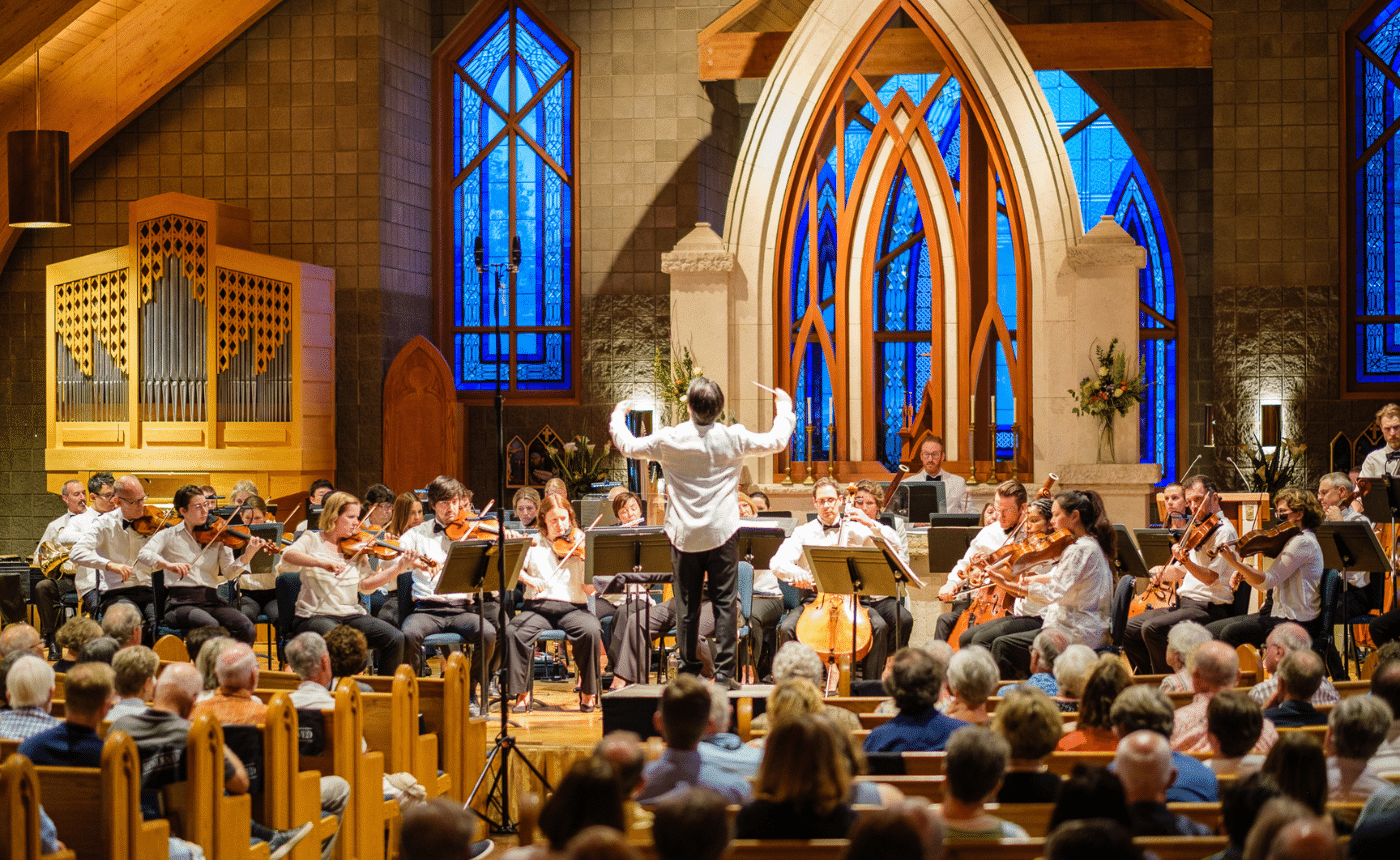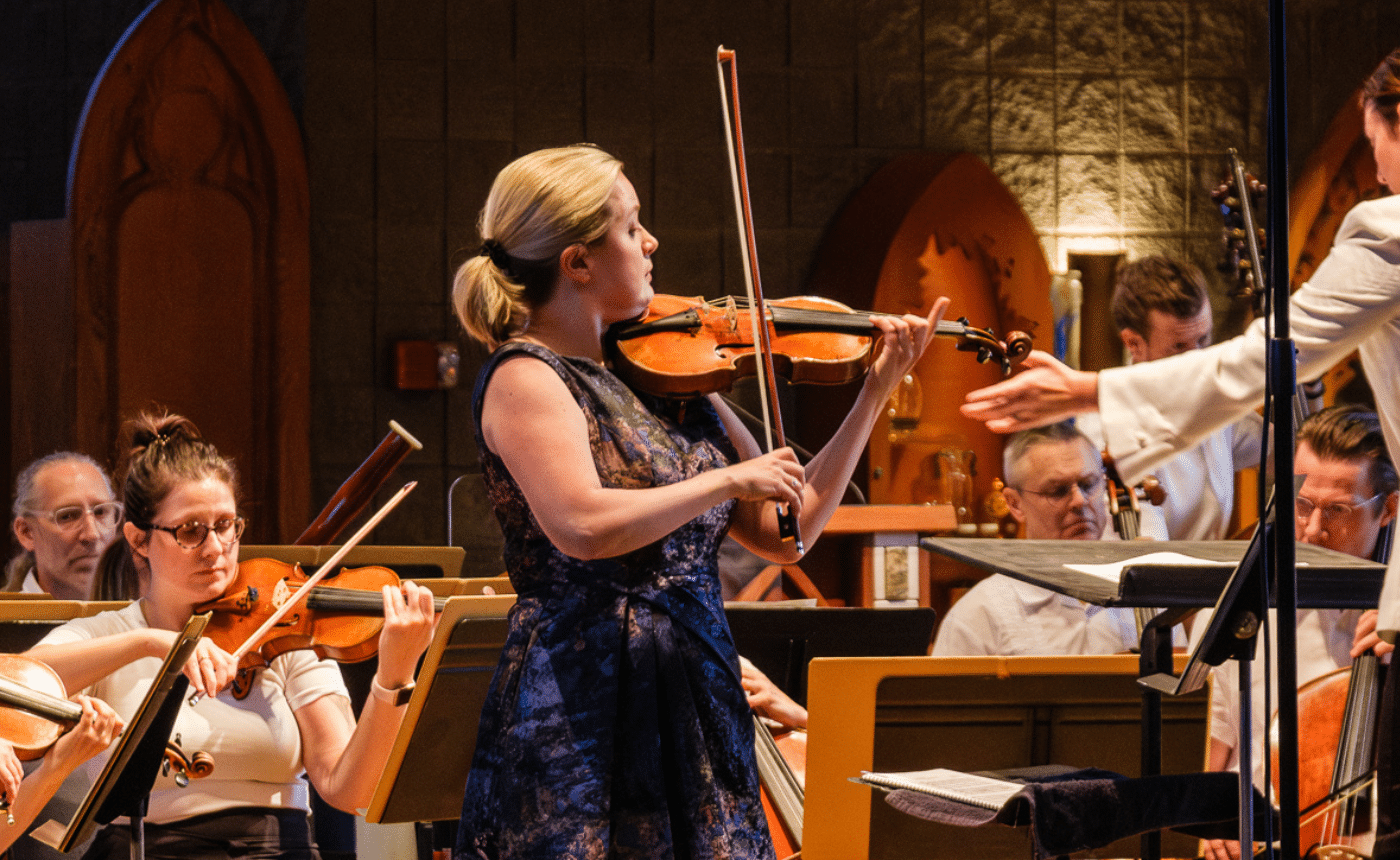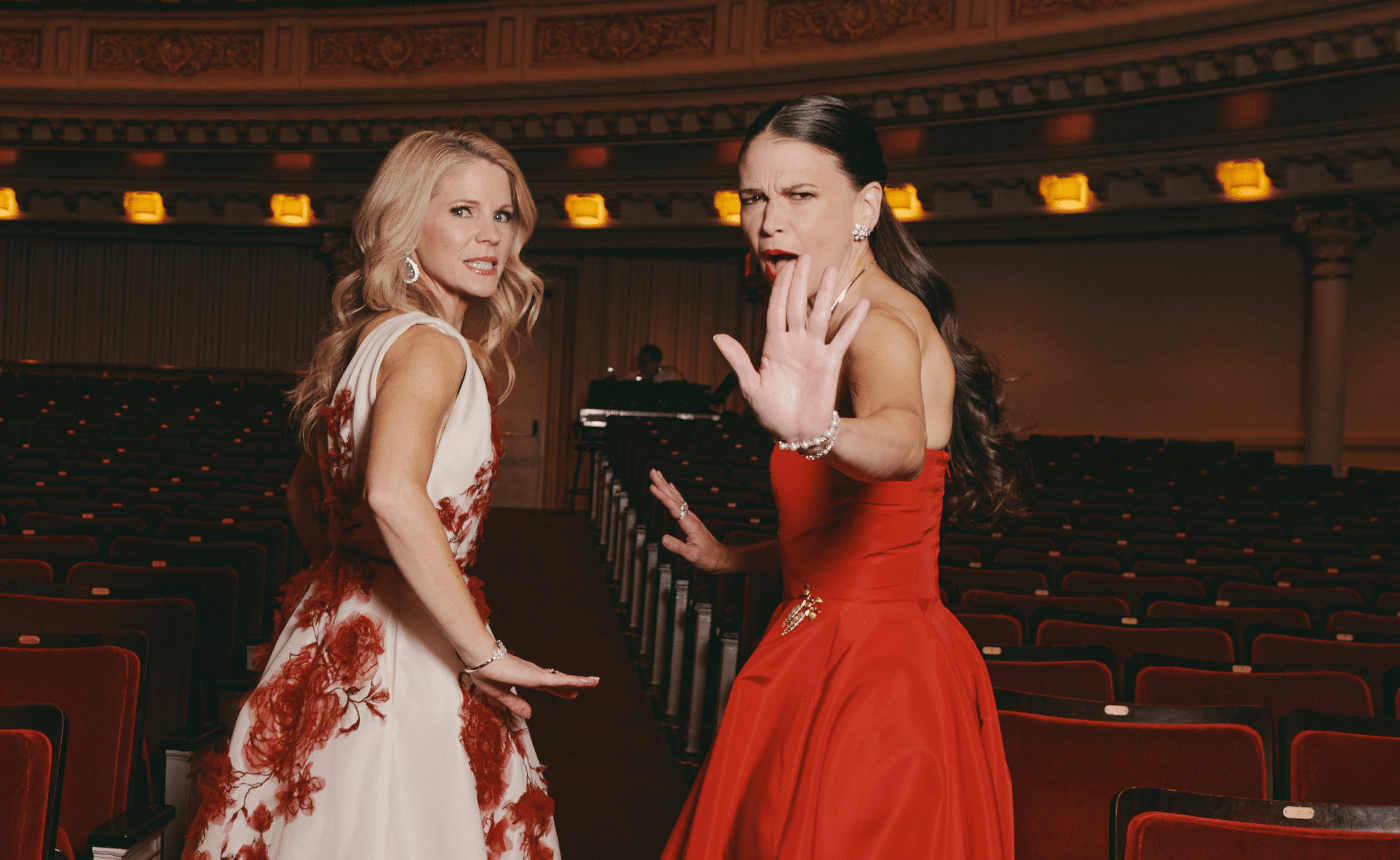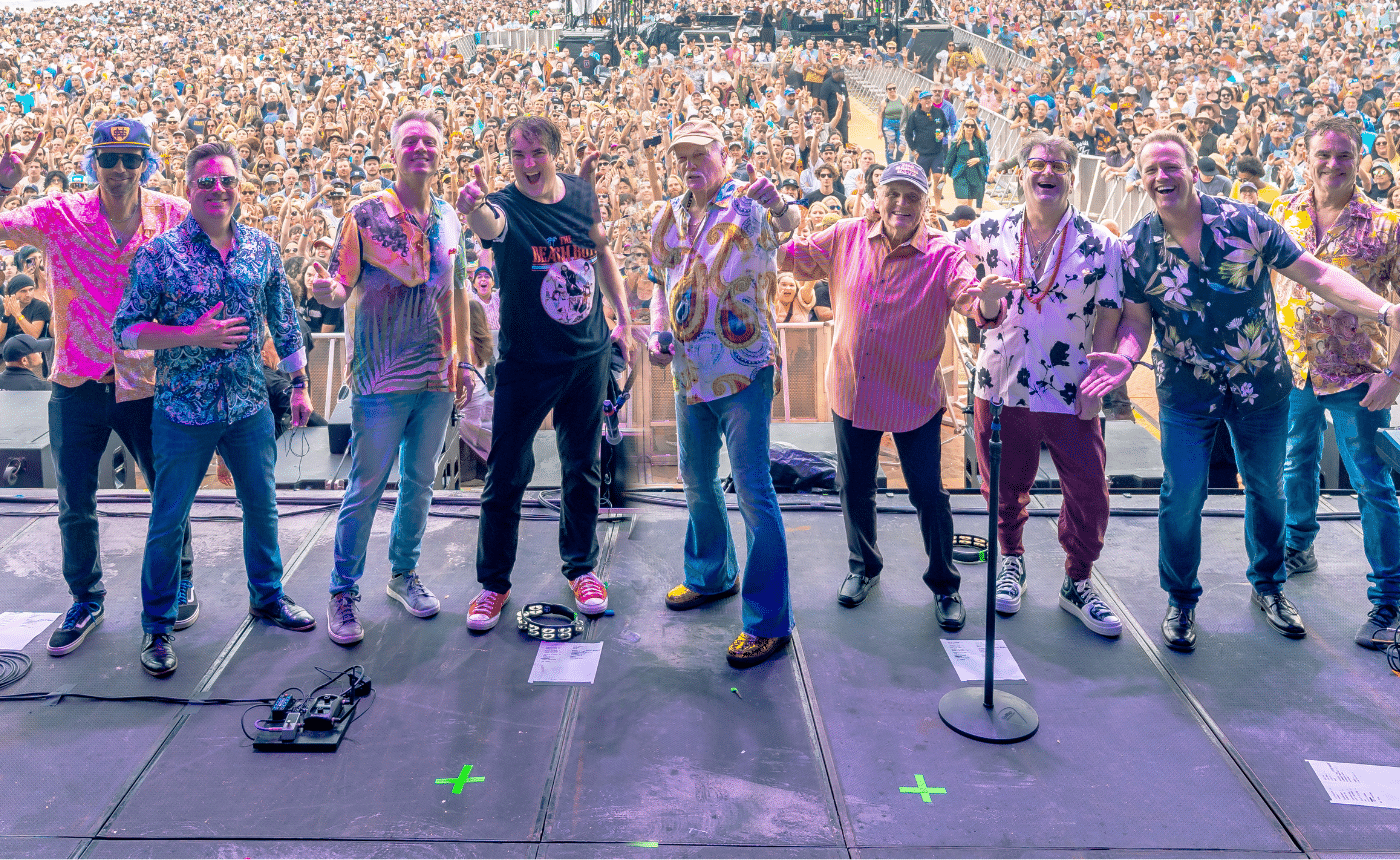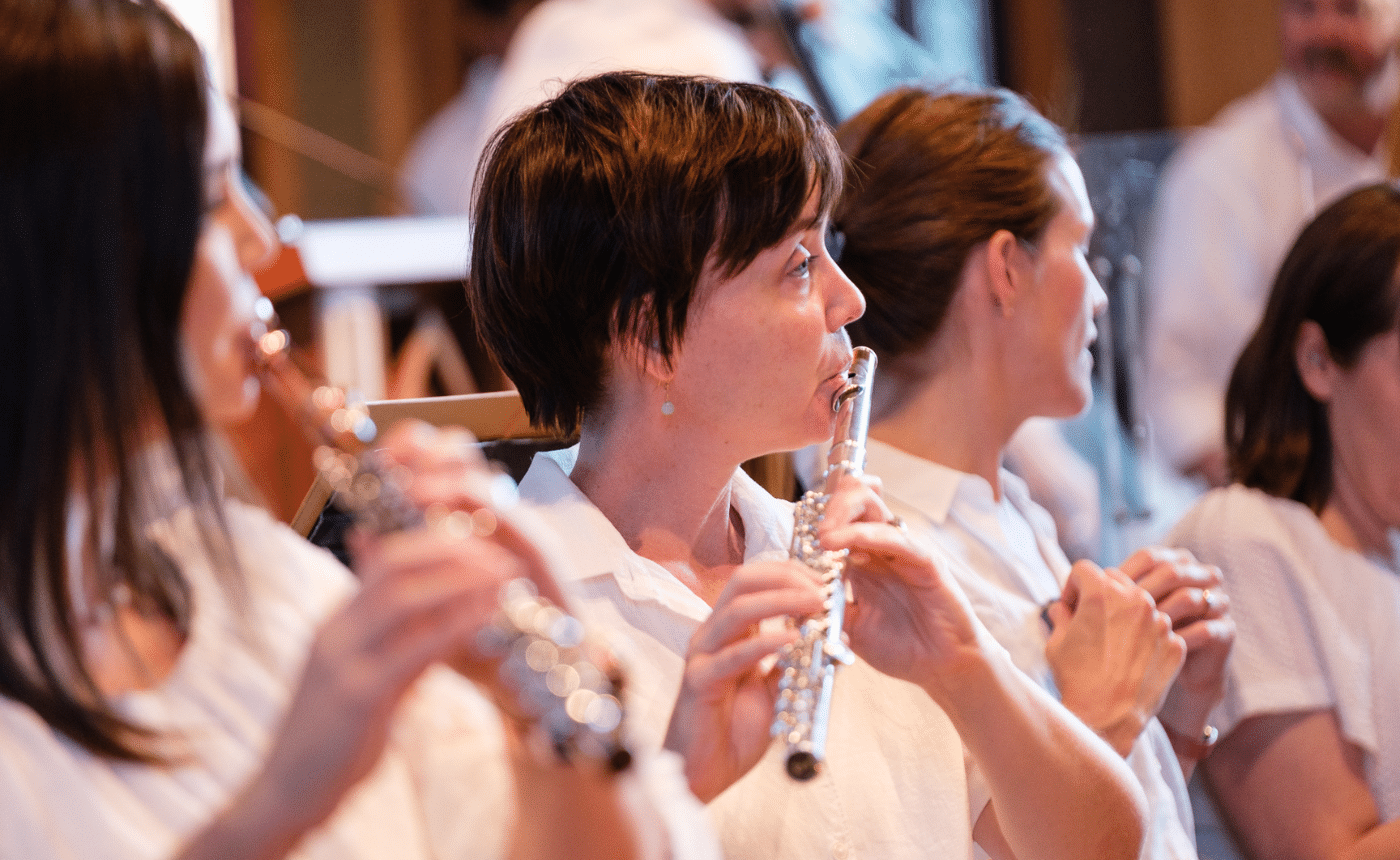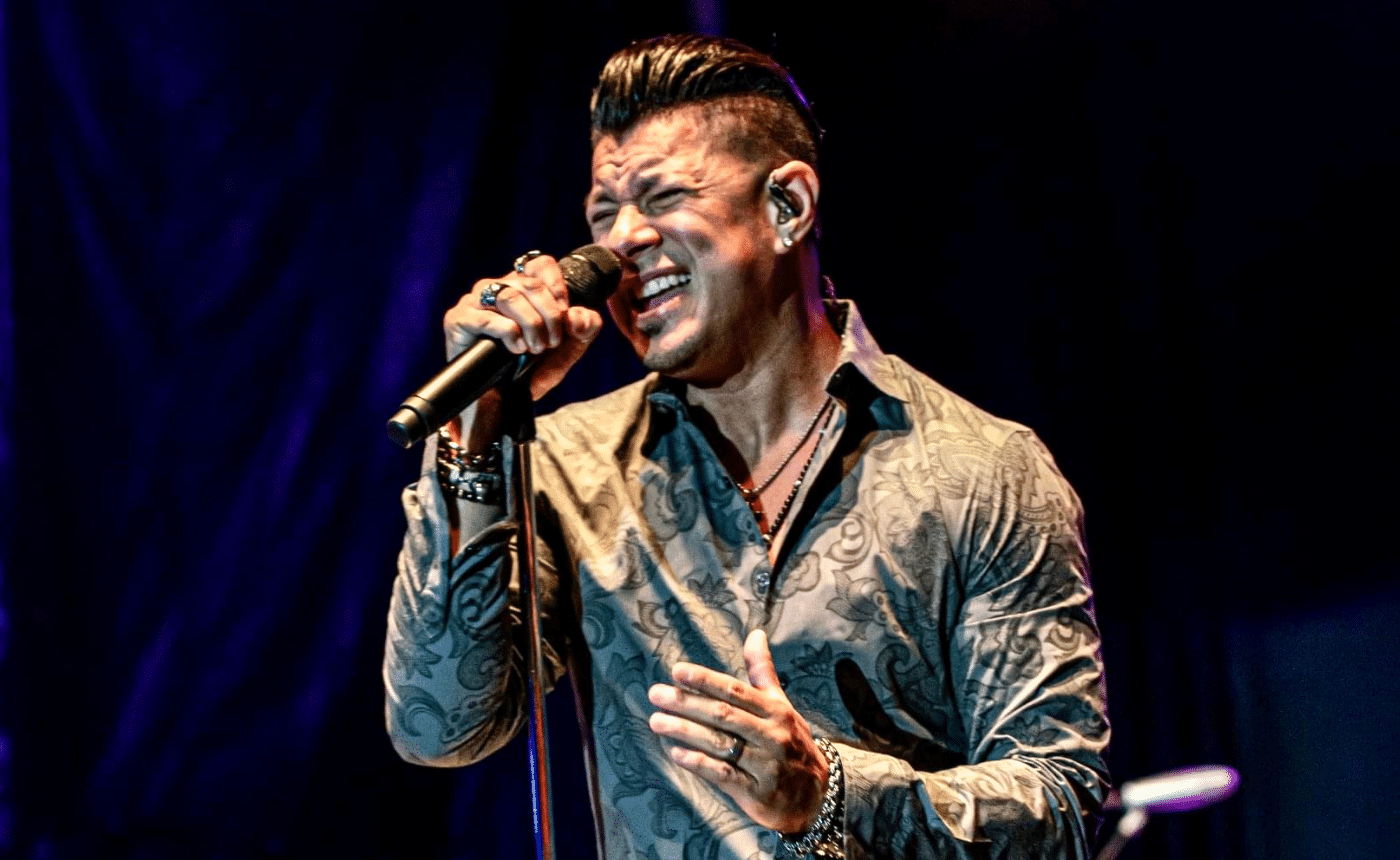Messiaen’s Turangalîla
by Jeff Counts
THE COMPOSER – OLIVIER MESSIAEN (1908-1992) – For Messiaen, the 1940s began with war in Europe and ended with a concert in the United States. He was captured by the Germans in 1940 and imprisoned at Stalag VIII-A in Görlitz. The year he spent there contained both hunger and inspiration, as the Quartet for the End of Time, perhaps still Messiaen’s most-performed work, was born inside those fences. Almost immediately upon his release in 1941, Messiaen was appointed to the Paris Conservatory faculty and continued his steady march towards the astonishing compositional individuality that would mark his career and legacy. His developing musical philosophy, discernable through manipulations of duration, dynamics and rhythm, was reflected in the new “symphony” that premiered in America during the last days of 1949.
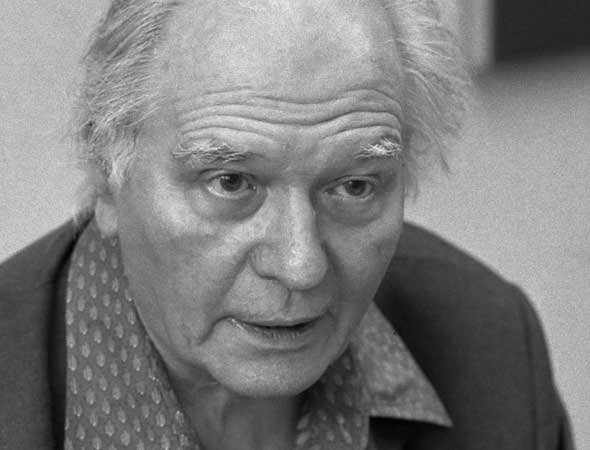
THE HISTORY – “Symphony” appears in quotes above because, in the context of Turangalila, the application is decidedly non-traditional. Written from 1946-1948, the Turangalila-Symphonie was commissioned by Serge Koussevitzky for his Boston Symphony (Bernstein conducted the premiere when Koussevitzky fell ill). It has a 10-movement plan that, with enough observational generosity, could be forced to trace the standard tripartite arc of a symphony, but Turangalila is too large and too ambitious to be bound by that, or any other formal contrivance. In fact, Messiaen required a huge orchestra to bring his unwieldy vision for the Turangalila-Symphonie to life, including prominent parts for solo piano and ondes Martenot (an electronic keyboard instrument that produces a sound like a theremin). Fixed between Harawi: Chants d’amour et de la mort (1945) and Cinq rechants (1948), Turangalila helped form a trilogy of works based on Messiaen’s fascination with the Tristan and Isolde story. Turangalila then is an epic exploration of love in all its many guises – emotional, physical, even metaphysical. The title of the piece comes from two Sanskrit words that translate roughly to “time” (as viewed in motion through the speed of a galloping horse) and “play” (as in the “game” of creation, life and death). Those concepts, when paired with the central feature of the Tristan mythology, give us what Messiaen himself called “a love song; a hymn to joy” that is “superhuman, overflowing, blinding, unlimited”. Truly, those last four words do more to describe Turangalila than even the most thorough investigations of its ingredients. Messiaen knew the structural ingenuity and kaleidoscopic orchestral coloration of the score would resist intellectual interpretation and, like love, would need to be experienced to be believed.
THE WORLD – Elsewhere in 1948, the modern state of Israel was declared, Mahatma Gandhi was assassinated and the famously wrong headline “Dewey beats Truman” appeared in the Chicago Daily Tribune.
THE CONNECTION – This week’s concerts represent the Utah Symphony premiere of Messiaen’s Turangalila-Symphonie.




